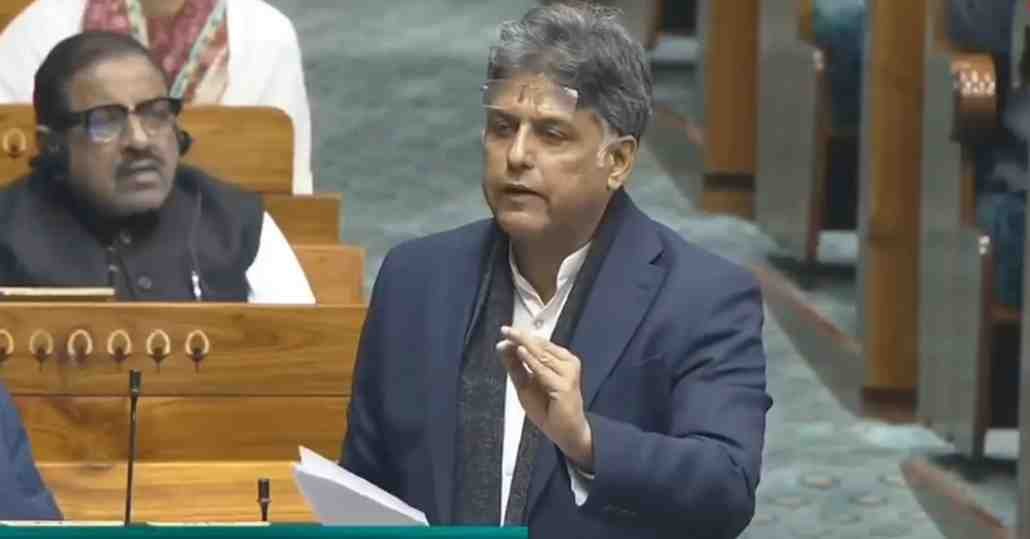The “One Nation, One Election” bill has been introduced in the Lok Sabha, sparking intense debate. Congress MP Manish Tewari vehemently opposed the bill, arguing that it assaulted India’s federal structure and democratic principles. He believed the proposal for simultaneous elections for the Lok Sabha and state assemblies was a direct attack on the Constitution’s basic structure.
Tewari’s concerns center around linking state legislature terms to the national legislature’s tenure, emphasizing federalism’s importance. His apprehensions are shared by other opposition groups, including the All-India Trinamool Congress (AITC) and the Nationalist Congress Party (NCP).
Despite opposition, the bill garnered 269 votes in favor and 198 against. Union Law and Justice Minister Arjun Ram Meghwal introduced the bill, claiming it would reduce election-related expenses and minimize the model code of conduct’s influence on governance ¹.
The concept of “One Nation, One Election” aims to synchronize election cycles across India. The Ministry of Law and Justice highlights the benefits, including enhanced governance, minimized policy paralysis, optimized resources, and inclusivity.
The bill proposes amendments to Articles 82A and 324A of the Constitution to facilitate simultaneous elections. It also recommends a unified electoral roll and Single EPIC (Electors Photo Identity Card) across all levels of governance.
While some parties, like the Shiv Sena and Telugu Desam Party (TDP), support the bill, others, like the Samajwadi Party, have raised concerns. The bill’s fate remains uncertain, with the opposition demanding its withdrawal.








